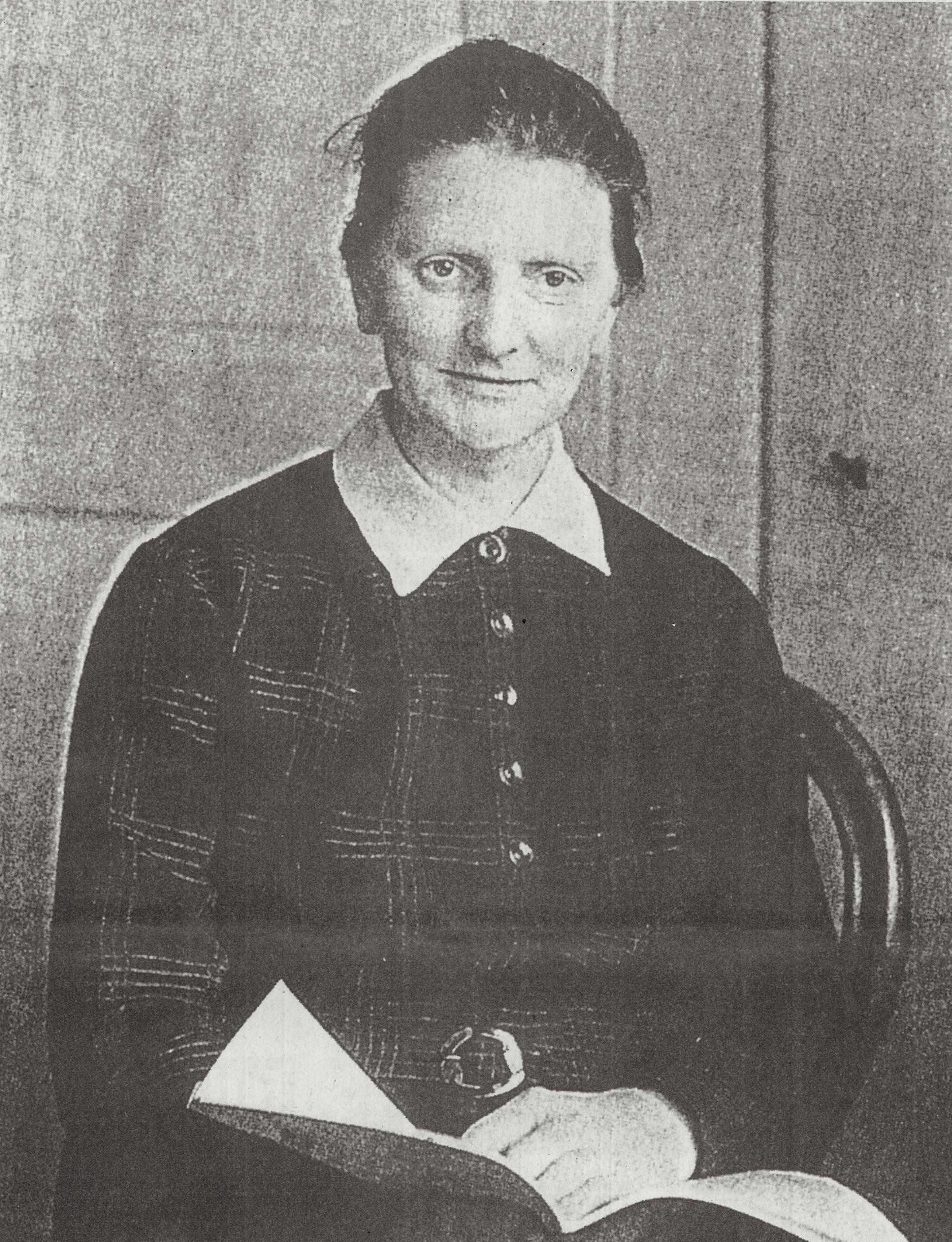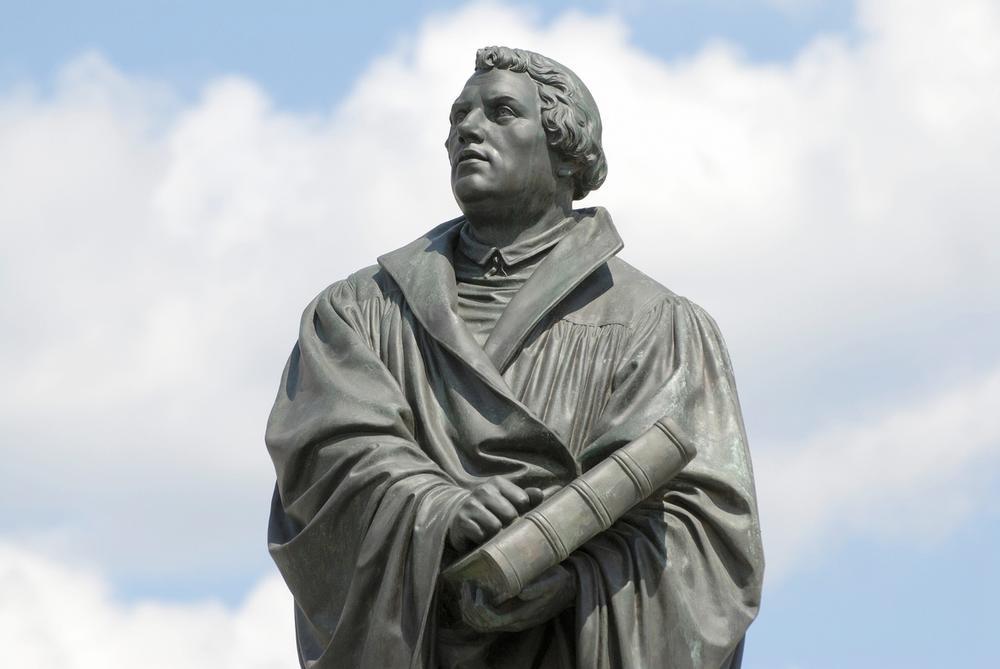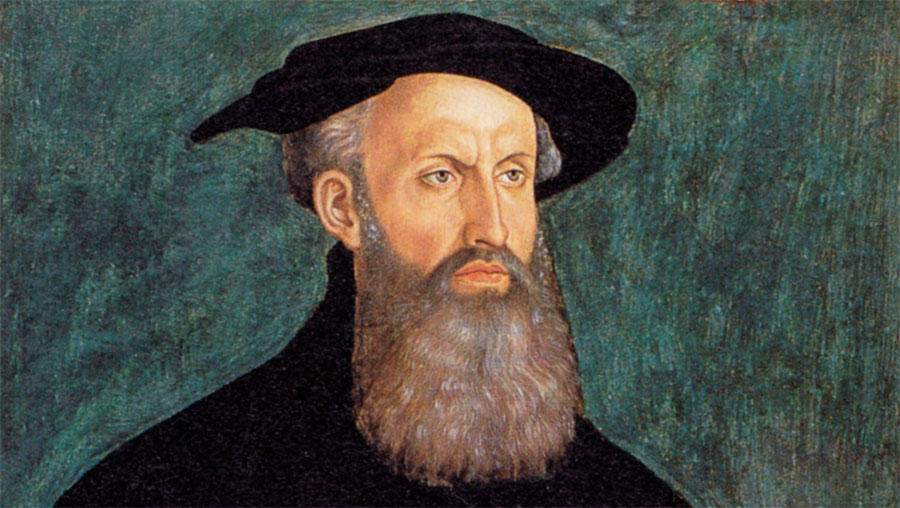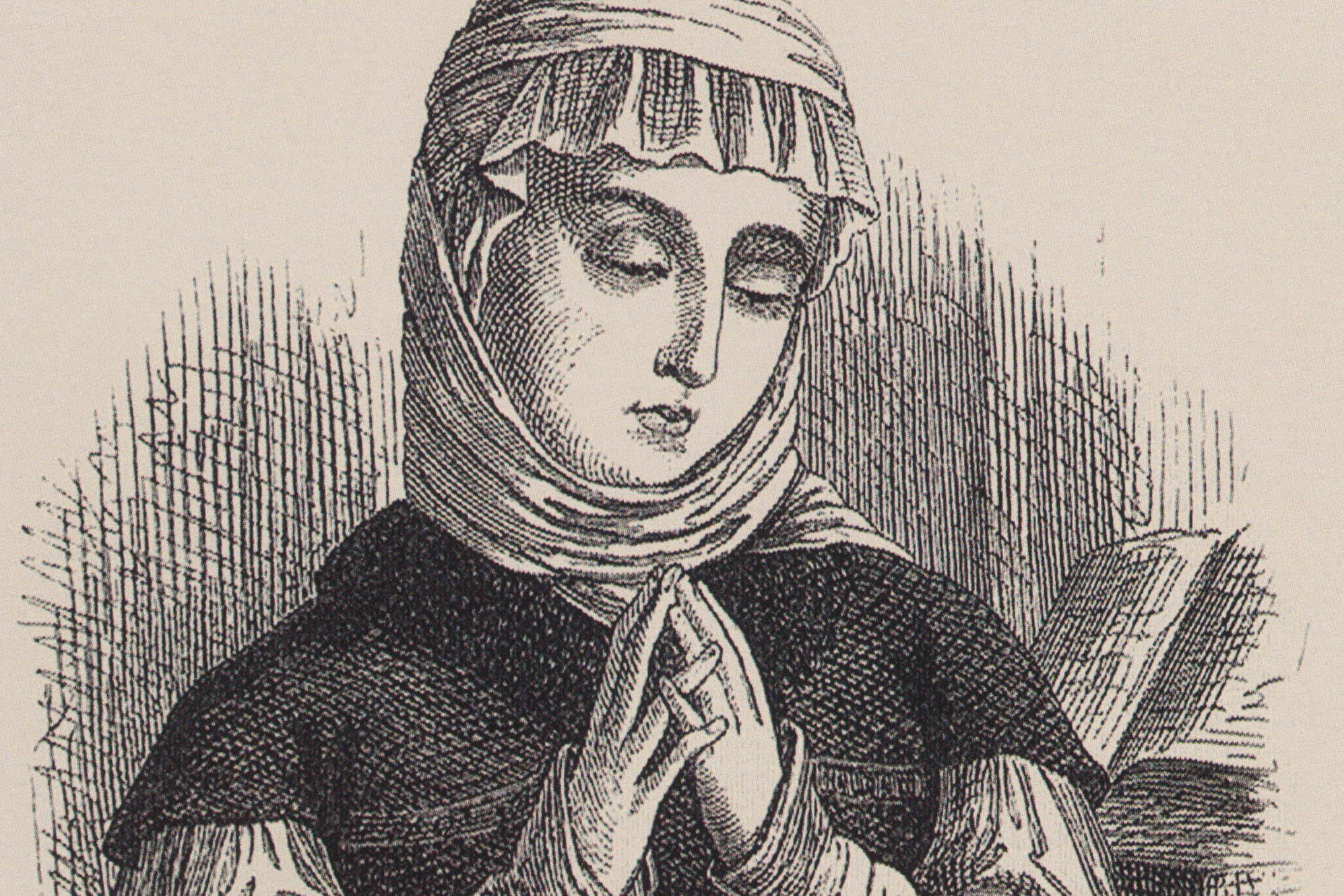When women pastors first ascended the pulpit

One hundred years ago, two women were ordained as pastors in Switzerland. A historic step at the time, the sight of female pastors has since become common.
It was a watershed moment on October 27, 1918 when Rosa Gutknecht and Elise Pfister earned the right to work as pastors in the Protestant church in canton Zurich – a first both for Switzerland and for Europe.
Previously, the two pioneers had simply been employed as assistants to their male colleagues. Following their success, however, professional restrictions began to be gradually lifted, especially after the 1960s, and women have since won the full right to pastorship.
Indeed, seeing women in the role is nothing unusual nowadays. Females make up about a third of all 1,869 clerics of the Protestant Church in SwitzerlandExternal link, according to the clerical research instituteExternal link in St Gallen.
swissinfo.ch spoke to Corinne Baumann, who presides over the parish of Sonvilier in north-western Switzerland. She was ordained in 1986, is married to a pastor and has an insider view of many contemporary developments within the Protestant Church.
swissinfo.ch: When you became a pastor, women were few and far between in Switzerland.
Corinne Baumann: There were very few women who studied religious sciences. Like flight attendants and postal workers, they automatically had to give up their jobs as soon as they got married.
When I started, female pastors were still very much pioneers. When I applied for my first job I was turned down on the grounds that I was a woman, and because I had come out in favour of taking in refugees.
However, this is no longer an issue and female pastors are no longer considered an exception.
swissinfo.ch: How were you received in your parish at the time?
C.B.: I was lucky enough at the beginning because I managed to avoid being the traditional figure of pastor as an austere personality belonging to the local elite. I basically had a free hand because as a female cleric there was no example to follow, and I couldn’t be typecast.

More
Defining Protestant identity
I was very well received by my parish, but with a few notable exceptions. For example, I remember that a wedding party did not want me to perform the marriage ceremony because it apparently didn’t look right to have a female pastor on the wedding photos.
Then there was the incident when I was asked to pass on compliments to my husband for a sermon I had given. Obviously, the parishioner thought a woman was incapable of writing a sermon on her own.
But nowadays it is no longer extraordinary to have female clerics. This is probably also due to changes in society at large, which has had an impact in other areas. A woman driving a car in Swiss streets was unusual in the 1960s.
swissinfo.ch: Seen from a less benevolent perspective, the argument is that the number of female pastors has increased because the office has lost most of its prestige.
C.B.: You have a point there. The same can be observed with parish councils, which used to be male dominated, with members handpicked and appointed on the basis of merit and tradition. These councils have also undergone changes in the meantime and now have more female members because the mandate has lost some of its allure.
But the same can also be said about school boards, or even for the job of teacher in general.
The upside of this loss in prestige is that holders of certain offices no longer hide behind their mandate as used to be the case in the past.
swissinfo.ch: Women are still excluded from priesthood in the Catholic Church. It’s less known that even within the Protestant Church there are still similar rules, notable among the Lutherans in the Baltic state of LatviaExternal link.
C.B.: I don’t understand why women should be barred from becoming priests and pastors in some cases. I’m convinced that women do have a rightful place. It seems these are backward conflicts which reek of male chauvinism and the Middle Ages.
swissinfo.ch: The online TV series – “External linkMa femme est pasteure”External link (My wife is a pastor) – has gained a broad audience in French-speaking Switzerland since 2015 and was also adapted in German. What do you think of this humoristic format about the life of a Protestant female pastor and her Catholic husband?
C.B.: I like it a lot because it shows parish life in a realistic but humorous way. The episodes I’ve seen made me laugh and I really could see my own life, and myself, mirrored in it.
Adapted from French/urs

In compliance with the JTI standards
More: SWI swissinfo.ch certified by the Journalism Trust Initiative












You can find an overview of ongoing debates with our journalists here . Please join us!
If you want to start a conversation about a topic raised in this article or want to report factual errors, email us at english@swissinfo.ch.